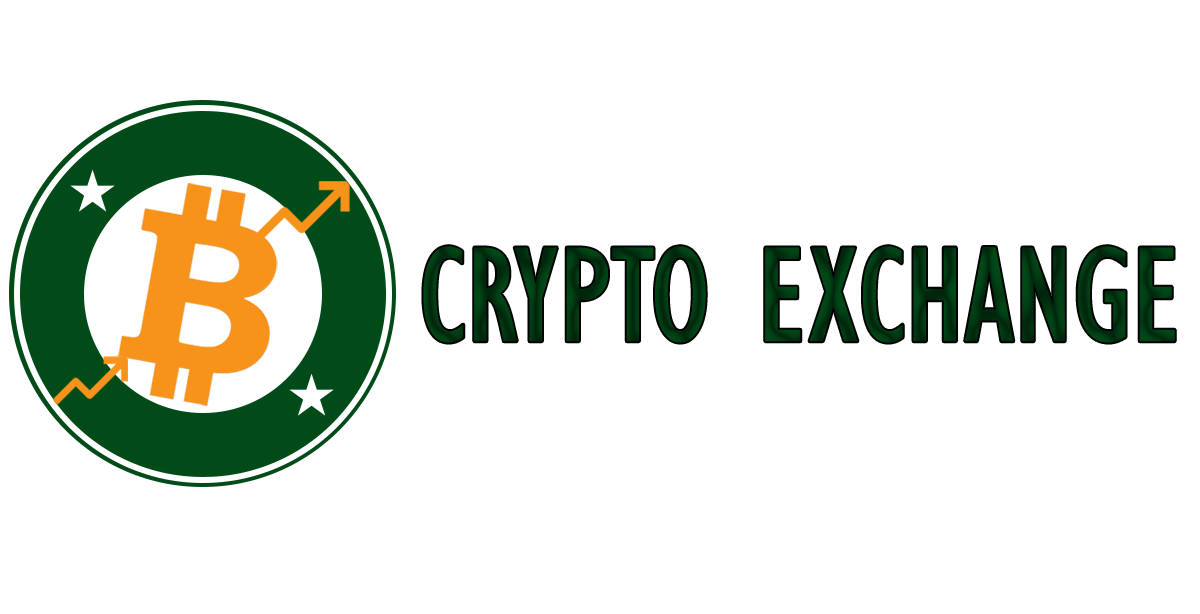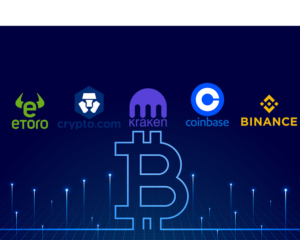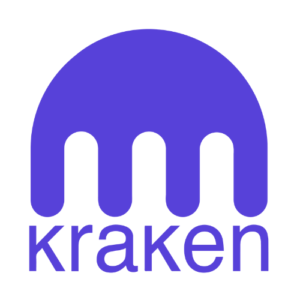Wondering about the difference between the blockchain and cryptocurrency ecosystems? Learn the essentials for successful crypto trading, including how blockchain infrastructure, smart contracts, DeFi, wallets, and exchanges work together to support secure and profitable trades. We break down the roles of hot and cold wallets, the importance of security, and tips for making the most of your assets in the cryptocurrency market. Get equipped with key insights to navigate both ecosystems and make informed trading decisions. Explore more on CryptoExchangePlatf!
Table of Contents
Introduction
Is cryptocurrency just about buying and selling coins? Not quite. There’s an entire ecosystem that surrounds blockchain and cryptocurrency, and if you’re trading, knowing how these ecosystems work can make all the difference in your success.
In this post, we’ll walk you through the basics of the “Blockchain Ecosystem” and the “Cryptocurrency Ecosystem.” Whether you’re new to crypto or looking to fine-tune your trading skills, understanding these ecosystems will help you make smarter, more informed decisions.
What is the Blockchain Ecosystem?
The Blockchain Ecosystem refers to the entire infrastructure and network that allows blockchains to function. It includes a variety of components that interact seamlessly to create a secure, decentralized environment for data storage and transactions. Here’s a breakdown of the main components:
- Nodes and Miners: Nodes are computers that store blockchain data, ensuring it’s decentralized and secure. Miners validate and add new transactions, which is essential for keeping the blockchain running.
- Smart Contracts: These self-executing contracts run automatically when conditions are met, making transactions trustless and efficient. Think of smart contracts as the backbone of decentralized apps (DApps) and platforms.
- Consensus Mechanisms: This is the way blockchains reach agreement. Common types include Proof of Work (used by Bitcoin) and Proof of Stake (used by Ethereum 2.0).
- Decentralized Applications (DApps): These are applications that run on a blockchain rather than centralized servers. Examples include DeFi platforms like Uniswap and decentralized games like Axie Infinity.
- Governance: Blockchain governance determines how changes and updates are made to the system, often allowing stakeholders to vote on upgrades or rules.
The blockchain ecosystem creates the secure, decentralized foundation that cryptocurrencies are built on.
What is the Cryptocurrency Ecosystem?
The Cryptocurrency Ecosystem refers to the world of crypto assets and the platforms, exchanges, and technologies that support them. This ecosystem includes various components crucial for trading:
- Cryptocurrencies: These are the digital assets themselves, like Bitcoin, Ethereum, and thousands of altcoins. Each currency serves a different purpose within the ecosystem, from utility tokens to stablecoins and governance tokens.
- Exchanges: Platforms like Binance, Coinbase, and Kraken allow users to trade cryptocurrencies. Exchanges are essential for liquidity and price discovery in the crypto market.
- Wallets: Hot wallets and cold wallets let you store your assets securely. Hot wallets are ideal for frequent trading, while cold wallets are better for long-term storage.
- DeFi (Decentralized Finance): DeFi allows users to lend, borrow, and earn interest on their crypto holdings without the need for banks, creating a more flexible financial system.
- NFTs and Tokenized Assets: The ecosystem has grown to include NFTs and tokenized assets, offering new trading and investment opportunities beyond traditional coins.
The cryptocurrency ecosystem provides all the tools and platforms for trading, investing, and interacting with digital assets.
Why Understanding These Ecosystems Matters for Trading
- Security Awareness: Knowing how the blockchain ecosystem secures data can help you assess risks and avoid scams. For example, understanding consensus mechanisms can help you evaluate which cryptocurrencies are more secure.
- Smart Contract Knowledge: Since many crypto assets are built on smart contracts, understanding them helps you choose projects that are technically sound and trustworthy.
- Market Dynamics: Exchanges, liquidity, and decentralized finance all impact trading conditions. For example, when using a DeFi platform, you’re trading within the cryptocurrency ecosystem, which is different from trading on a centralized exchange.
- Asset Versatility: From NFTs to DeFi tokens, the cryptocurrency ecosystem offers diverse assets and investment strategies. If you understand the roles of these assets, you can diversify effectively based on your goals.
Key Tips for Trading Within the Blockchain and Cryptocurrency Ecosystems
1. Research Projects and Platforms
- Not all cryptocurrencies or blockchain projects are created equal. Research the tech behind coins or platforms, and look into whitepapers and community support.
2. Stay Informed on DeFi and DApp Trends
- DeFi and DApps are evolving fast. Knowing what’s trending in the decentralized finance space can help you spot opportunities for trading and earning passive income.
3. Choose the Right Wallet
- A good wallet is essential. For frequent trades, hot wallets offer speed and convenience. For storing larger amounts of crypto, consider a cold wallet for added security.
4. Understand Gas Fees and Transaction Costs
- In the blockchain ecosystem, transaction fees, often called “gas,” can fluctuate, especially on networks like Ethereum. High fees can eat into your trading profits, so be mindful of the cost when trading or interacting with DApps.
5. Practice Good Security Hygiene
- Use strong, unique passwords for each platform, enable two-factor authentication, and be cautious of phishing scams, especially with hot wallets and exchanges.
6. Track Regulatory Changes
- Regulations are changing globally. Keep an eye on developments because they can impact your ability to trade or access certain assets within the ecosystem.
Conclusion: Master the Blockchain and Cryptocurrency Ecosystems for Better Trading
Understanding the “Blockchain Ecosystem” and “Cryptocurrency Ecosystem” is essential if you’re serious about crypto trading. From security and smart contracts to exchanges and DeFi, these ecosystems provide the backbone for safe, profitable trading. By learning the ins and outs, you’ll be in a better position to make informed decisions and avoid unnecessary risks.
Ready to dive deeper into crypto trading? Share your favorite platforms or wallet choices in the comments below, and don’t forget to subscribe for more insights here on CryptoExchangePlatf!




